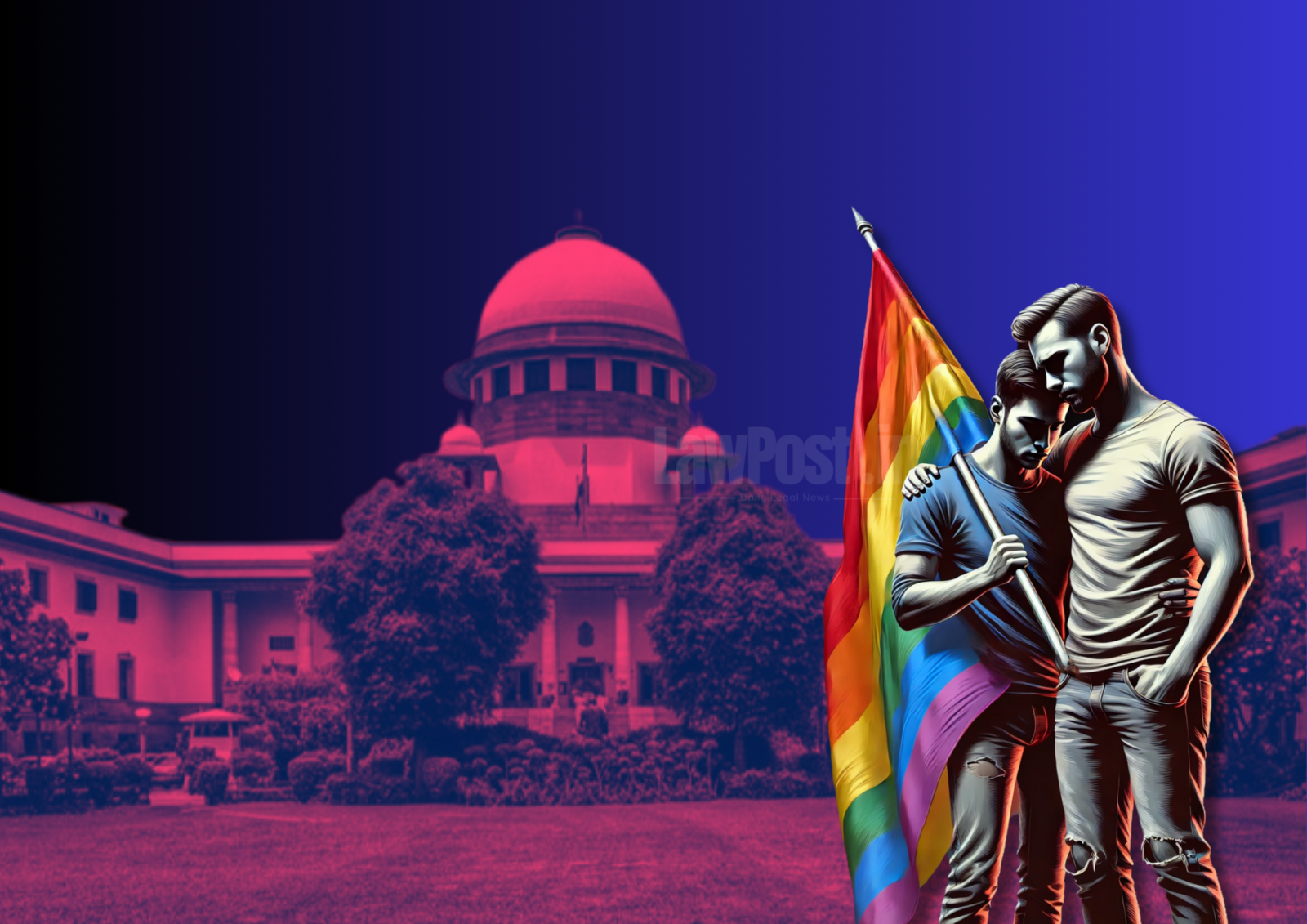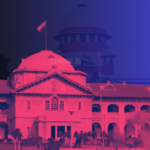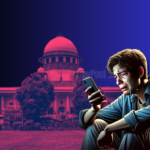The Supreme Court on Thursday dismissed a series of review petitions challenging its October 2023 verdict in the same-sex marriage case, reaffirming its stance that the recognition of same-sex unions is a matter for the legislature.
The petitions were considered in chambers by a newly constituted bench comprising Justices BR Gavai, Surya Kant, BV Nagarathna, PS Narasimha, and Dipankar Datta. Chief Justice of India Sanjiv Khanna recused himself from the matter earlier in July, necessitating the reconstitution of the bench.
Among the five judges on the new bench, Justice PS Narasimha was the only member of the original Constitution bench, as former CJI DY Chandrachud and Justices SK Kaul, Ravindra Bhat, and Hima Kohli have since retired.
The October 2023 Judgment
Delivered on October 17, 2023, by a 3-2 majority, the judgment declined to grant legal recognition to same-sex marriages or civil unions. The majority opinion, authored by Justices Bhat, Kohli, and Narasimha, stated:
“The extension of the right to marry or form civil unions to queer couples is not a constitutionally protected mandate. The issue lies within the exclusive domain of the legislature.”
In contrast, dissenting opinions by the then CJI Chandrachud and Justice Kaul underscored the constitutional rights of LGBTQIA+ individuals to form unions and adopt children. They emphasized the State’s obligation to create laws that safeguard queer rights, stating:
“The exclusion of non-heterosexual couples from existing legal frameworks perpetuates discrimination. The State has a duty to foster an enabling environment for LGBTQIA+ individuals.”
The Review Petitions
The dismissed review petitions argued that the October ruling was “manifestly unjust” and inconsistent with constitutional values. Advocates for the LGBTQIA+ community contended that while the court acknowledged the discrimination faced by queer couples, it failed to provide substantial relief.
Udit Sood, a US-based lawyer and one of the original 52 petitioners, filed the first review plea in November 2023. He argued that the majority’s refusal to recognize civil unions or grant adoption rights amounted to a denial of justice, stating:
“By denying the right to form civil unions, the court overlooked its own acknowledgment of the systemic inequities faced by queer individuals.”
Implications and Next Steps
The Supreme Court’s decision leaves the ball firmly in the legislature’s court. LGBTQIA+ advocates continue to call for legal reforms to address the gaps in rights and protections for queer individuals in India.
This verdict reiterates the judiciary’s stance that matters concerning same-sex unions require legislative intervention, setting the stage for continued debate and advocacy.
Case: Supriyo vs Union of India – Available on LAWFYI.IO








